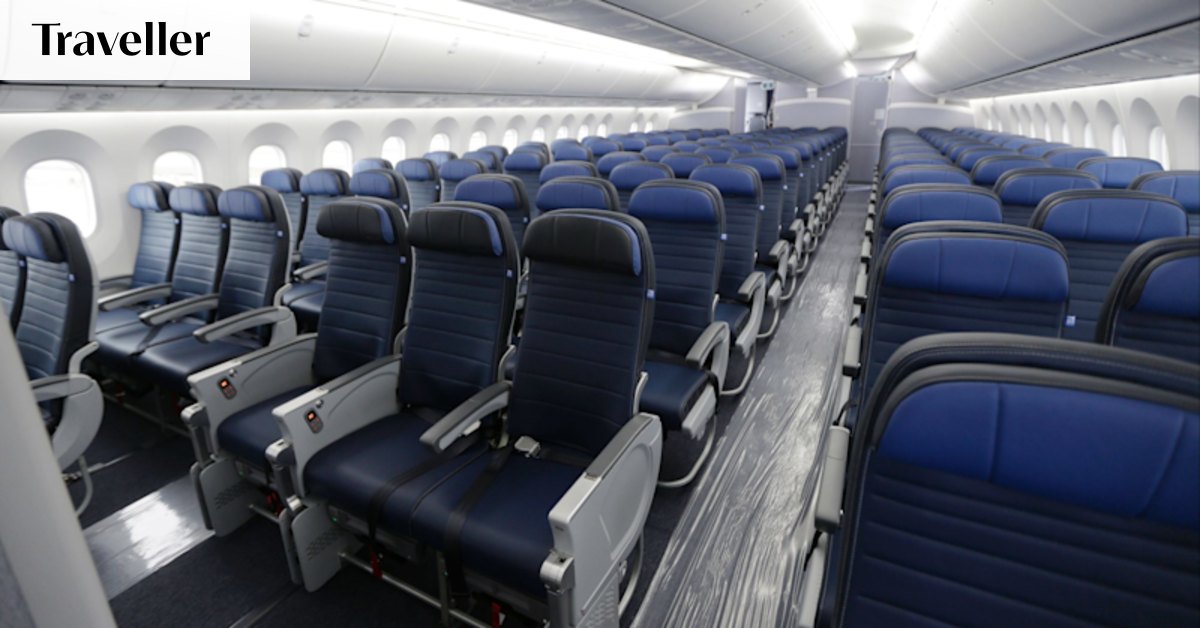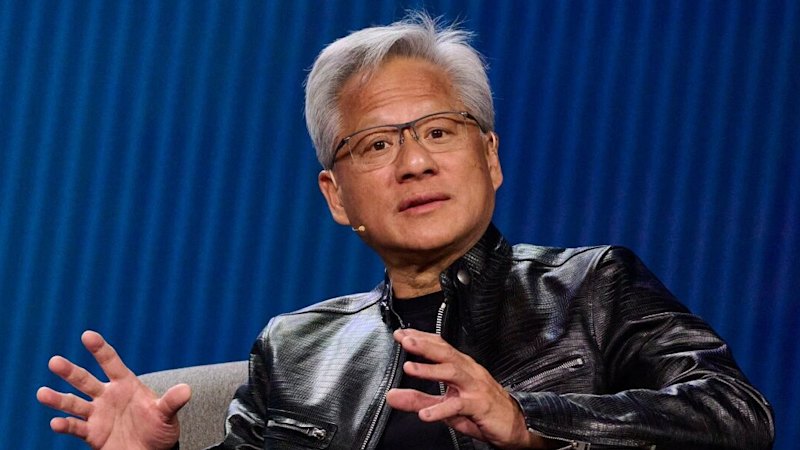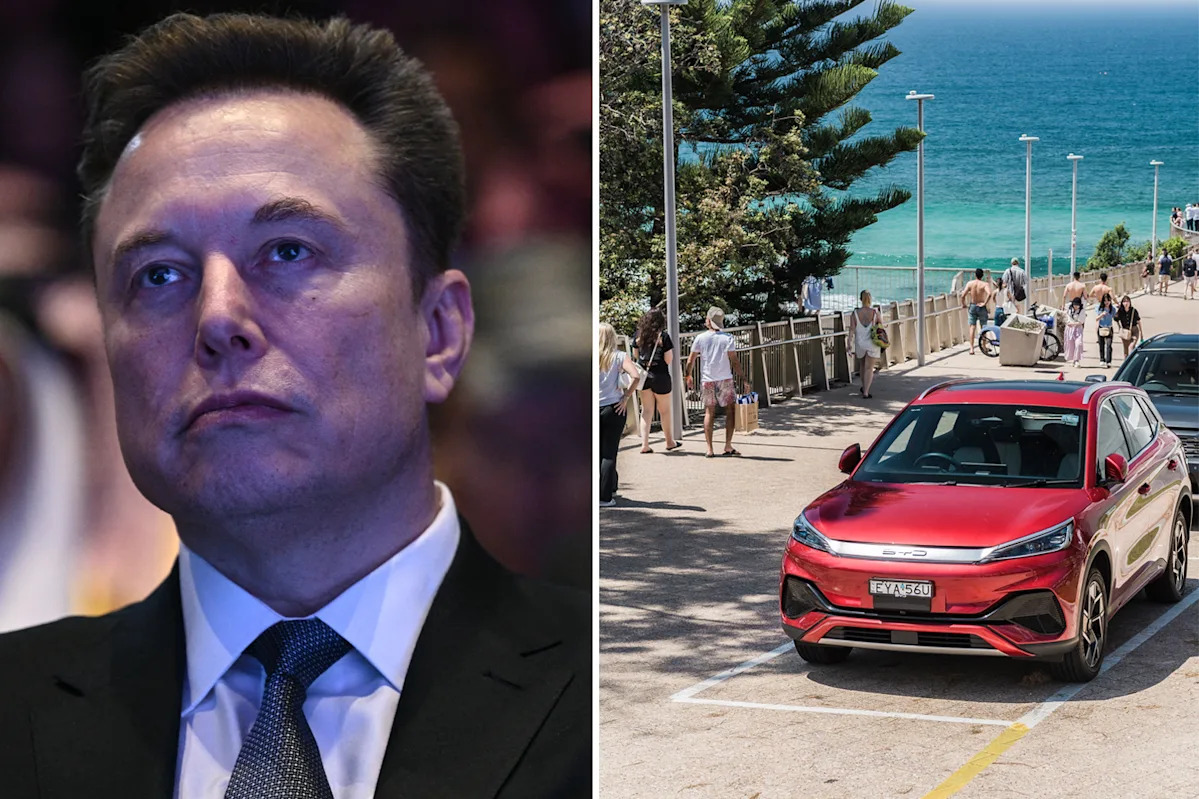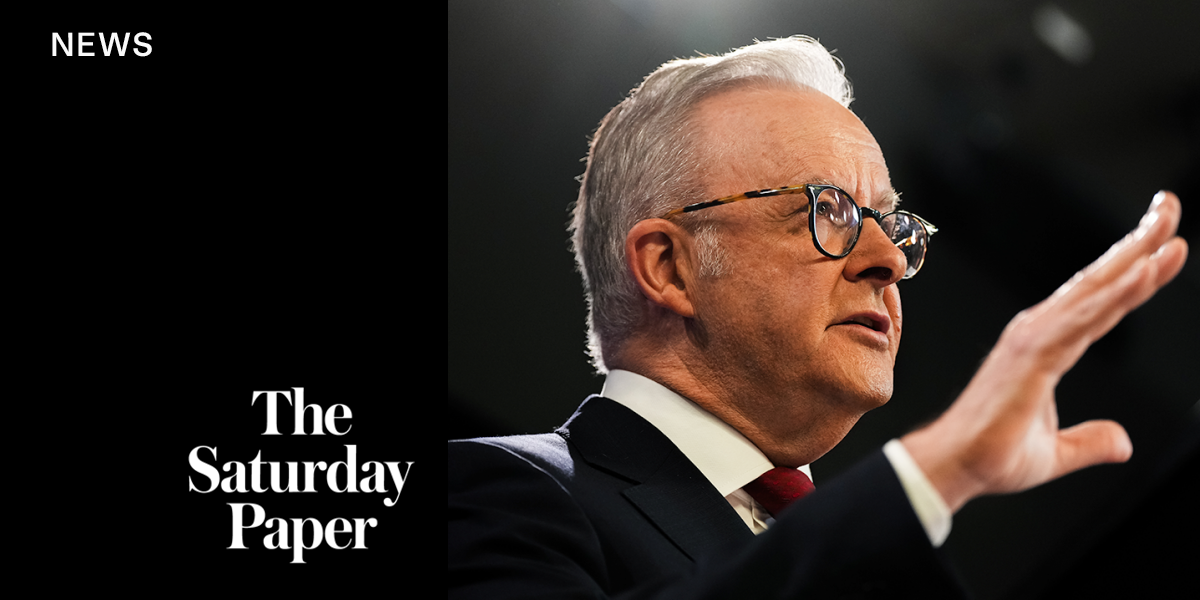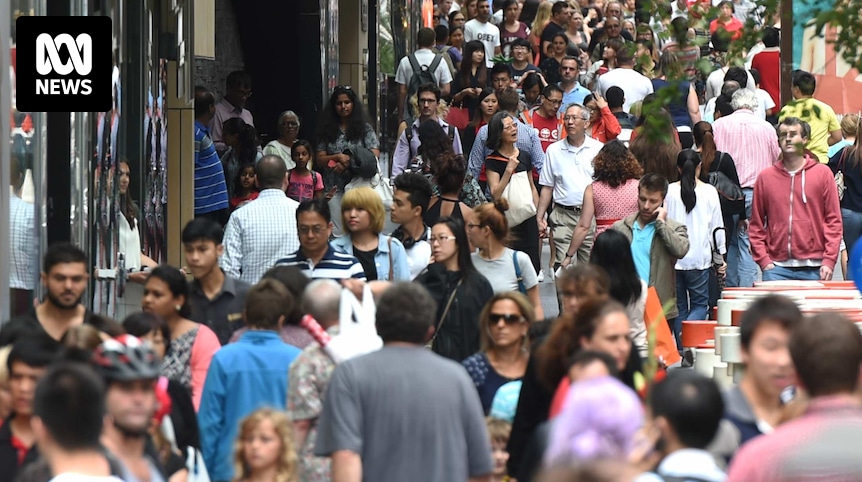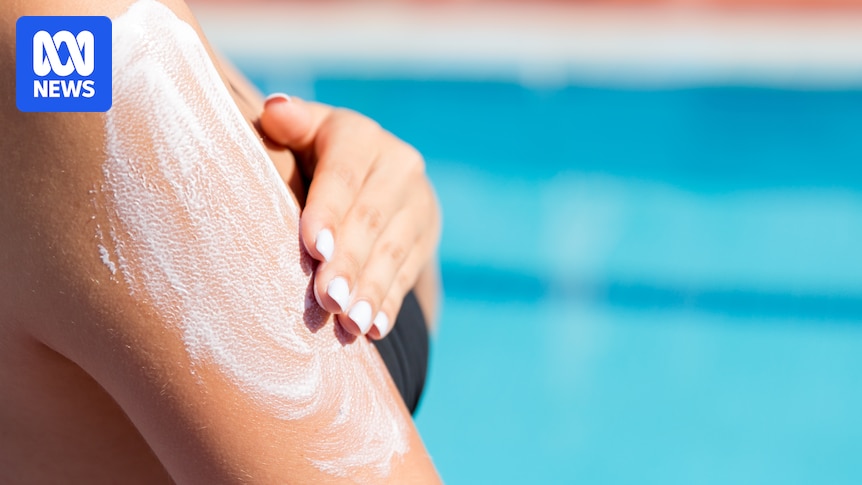
At least half of the sunscreens that failed to meet their SPF claims in recent testing had their original SPF certification conducted at Princeton Consumer Research (PCR), an overseas laboratory now under scrutiny by senior industry experts. An investigation by ABC has revealed that PCR is widely used by sunscreen manufacturers to verify SPF claims before products are allowed on the Australian market.
Last month, consumer group Choice released test results from an Australian lab for 20 popular sunscreens, discovering that 16 did not meet their SPF 50 label claim, with one product returning an SPF of just four. In response, brands asserted their own testing showed compliance with SPF standards. However, at least eight of these tests were performed by PCR, which reported significantly higher SPF results than those found by Choice.
Concerns Over Testing Methodology
Several senior industry experts have expressed concerns about PCR’s testing methodology. Mathias Rohr, a leading expert in sunscreen testing, noted he had never encountered results like PCR’s in his career, while another senior scientist suggested the results warranted further investigation.
The ABC confirmed that the underperforming sunscreens using PCR for initial SPF validation include three Cancer Council products, one Woolworths sunscreen, one Coles sunscreen, one Ultra Violette sunscreen, one Bondi Sands sunscreen, and a Sun Bum product. Two other sunscreens that met their SPF 50 label in Choice testing—a MECCA sunscreen and a Cancer Council Kids sunscreen—also used PCR, with PCR reporting much higher SPF results.
Discrepancies in SPF Results
Ultra Violette’s Lean Screen SPF50+ Mineral Mattifying Zinc Skinscreen returned an SPF of just four in Choice testing. Ultra Violette rejected this result, publishing two PCR-conducted tests showing SPF values above 60. However, experts have raised serious concerns about the reliability of PCR’s testing for Ultra Violette.
In SPF testing, a panel of 10 volunteers is exposed to UV rays with and without sunscreen. The mean of the results is the final SPF. Mathias Rohr described the uniformity of PCR’s results as “quite surprising,” noting that his lab, which tests over 1,000 products annually, had never seen such homogeneous results.
“In my entire career, we have not [had] such homogeneous results in an in vivo [human] SPF test,” said Mathias Rohr.
Choice engaged the Normec Schrader Institute to conduct a validation test on Ultra Violette’s product, which returned an SPF result of five, aligning with Choice’s original result of four. Ultra Violette criticized the validation test, arguing it was performed on a smaller panel than the original.
Industry Response and Investigation
Several industry experts not involved in Choice’s testing agreed that the lack of variation in individual SPF test results was a red flag. An expert scientific statistician commented that while such uniformity could occur, it seemed unusual and warranted further inquiry.
PCR’s technical director, Barrie Drewitt, defended the results, stating that while the uniformity of SPF values was “uncommon,” it was “not inherently implausible” with high-performing products in a controlled test environment. Ultra Violette has since engaged another lab to re-test their product’s SPF.
The Cancer Council’s PCR reports showed similar uniformity in test results. Of four products tested by Choice, three did not meet their SPF claims. The Cancer Council is investigating the matter and has submitted the products to another independent lab.
Regulatory and Industry Implications
The Therapeutic Goods Administration (TGA), which regulates sunscreens in Australia, is investigating the Choice findings. The TGA relies on self-certification by manufacturers that their products meet all regulatory requirements. Campbell Richards, CEO of Baxter Laboratories, emphasized the importance of confidence in SPF testing and committed to ensuring products meet safety and efficacy standards.
Woolworths, Coles, Bondi Sands, and Sun Bum, whose products underperformed in Choice’s review, all used PCR for their original SPF testing. While some companies have initiated reviews, others have not disclosed their testing labs.
“Confidence in SPF testing is a priority for us and for our partners,” said Campbell Richards, CEO of Baxter Laboratories.
The ABC investigation also uncovered historical controversies involving PCR’s technical director, Barrie Drewitt, including a disqualification from being a company director in the UK and past accusations of fabricating clinical trial data, which were later dismissed.
Looking Ahead
The ongoing scrutiny of PCR’s testing methods and the broader implications for the sunscreen industry highlight the need for transparency and reliability in SPF testing. As the TGA and industry stakeholders continue their investigations, consumers are advised to use sunscreen correctly and consistently as part of a comprehensive sun protection strategy.
